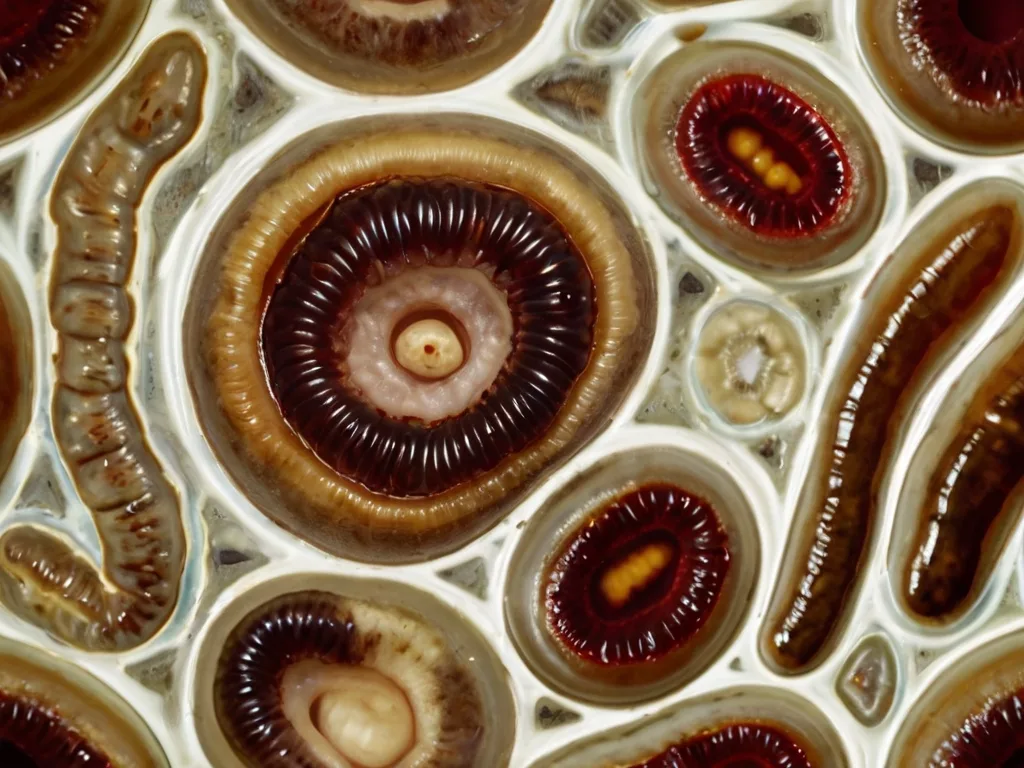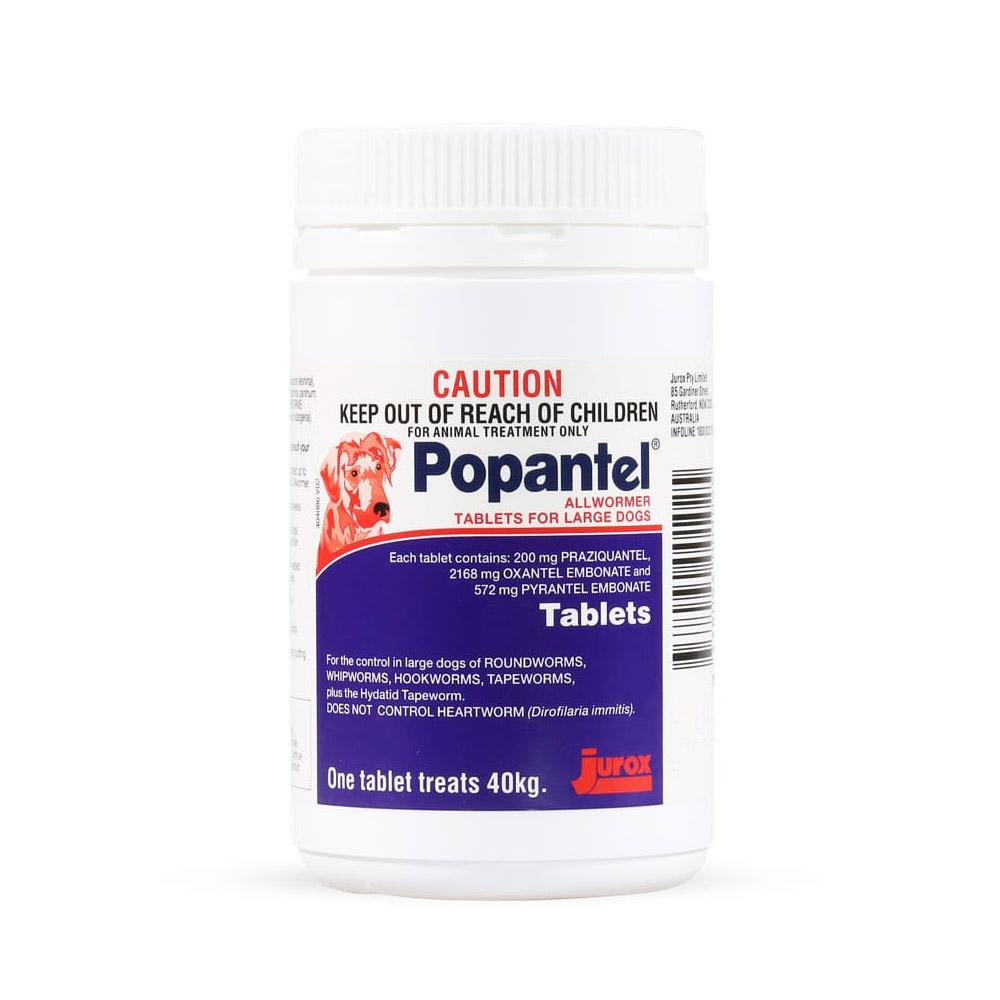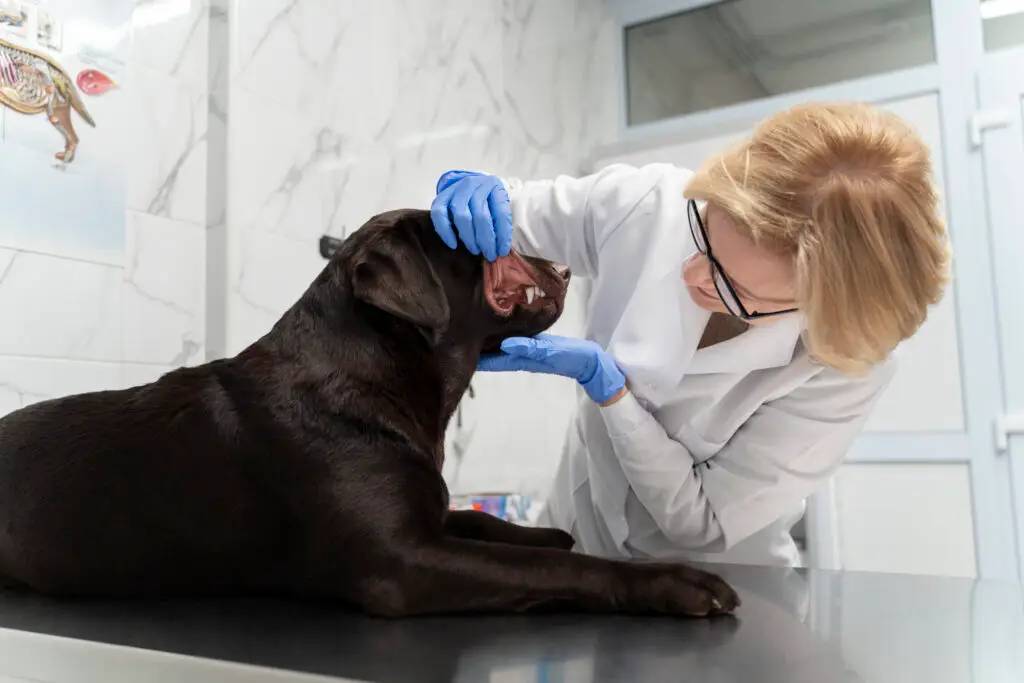Page Contents
- 1 What are Hookworms in Dogs?
- 2 Symptoms of hookworms in dogs
- 3 The Life Cycle of Hookworms in Dogs
- 4 Treating Hookworms in Dogs
- 5 Managing and Recovering from Hookworm in Dogs
- 6 Are Hookworms in Dogs Contagious?
- 7 Conclusion
- 8 FAQs
- 8.0.0.1 1. How to treat hookworms in dogs?
- 8.0.0.2 2. How to get rid of hookworms in dogs?
- 8.0.0.3 3. What causes hookworms in dogs?
- 8.0.0.4 4. How to prevent hookworms in dogs?
- 8.0.0.5 5. How are hookworms transmitted in dogs?
- 8.0.0.6 6. What do hookworms look like in dogs?
- 8.0.0.7 7. How long does it take to get rid of hookworms in dogs?
- 8.0.0.8 8. What kills hookworms in dogs?
- 8.0.0.9 9. What do hookworms in dogs look like?
- 8.0.0.10 10. How long does it take for hookworms to die after treatment in dogs?
What are Hookworms in Dogs?
Hookworms in dogs are essentially tiny parasites with hook-like mouthparts that latch onto the lining of the intestines and, you guessed it, suck blood. Despite their small size, these pesky parasites can wreak havoc on a dog’s health if left unchecked.
But fear not! Understanding hookworms is the first step in keeping your dogs safe and healthy. From how they’re transmitted to the signs that your dog might be hosting some unwelcome guests, we’ve got you covered. And of course, we’ll explore the best ways to treat and prevent these pesky parasites so you can keep your furry friend wagging their tail with joy. Ready to dive in?”
Symptoms of hookworms in dogs
While these sneaky parasites can sometimes fly under the radar, they often leave behind some pretty clear clues that they’ve set up camp in your pup’s intestines.
First off, keep an eye out for diarrhea, especially if it’s accompanied by blood or has a particularly nasty odor. Weight loss and a noticeable decrease in appetite can also be red flags that something’s amiss. If your usually energetic pal seems unusually lethargic or their gums are looking paler than usual, it’s time to perk up those ears and take notice.
If your dog starts scooting their bum along the ground more than usual or you notice any signs of discomfort during potty breaks, it’s definitely worth investigating further.
Now, it’s important to remember that every dog is unique, and symptoms of hookworms in dogs can vary from pup to pup. Some dogs may show only mild signs, while others might be hit a bit harder. Either way, if you suspect your dog might be dealing with hookworms, it’s always a good idea to give your vet a shout. They’ll help you get to the bottom of things and get your pup back to feeling their best in no time!
The Life Cycle of Hookworms in Dogs
Hookworms are parasites, meaning they thrive in or on a host organism, feeding on its nutrients. In pups, adult hookworms reside in the GI tract, specifically the small intestine. They reproduce within the GI tract, with females shedding eggs into the host’s feces. The eggs, once in the soil, undergo several developmental stages and infect others through skin penetration or ingestion from contaminated soil or feces.
Upon entering the host, the hookworms travel through the tissues to the lungs, from where they can be coughed up, swallowed again, and resume their reproductive cycle in the small intestine. During their systemic migration, hookworms can become encysted, entering a dormant phase, only to “reactivate” periodically.
Treating Hookworms in Dogs
Luckily, there are some effective treatments available to help rid our pups of these unwanted guests and get them back to their happy, tail-wagging selves.
First up, your vet will likely recommend a deworming medication specifically designed to target hookworms, such as Pyrantel, Fenbendazole, Moxidectin, and Milbemycin.
Now, here’s the scoop on how these dewormers work: they essentially kill off the adult hookworms living in your dog’s intestines, allowing them to be passed out of the body through poop. It’s like a little eviction notice for those unwelcome parasites!
But wait, there’s more! In severe cases where hookworm infestations have led to anemia or other complications, your vet may also recommend additional supportive care, such as iron supplements, to help your pup bounce back faster.
So there you have it, folks! With the right treatment and a little TLC, we can send those hookworms packing and keep your dog happy, healthy, and parasite-free.
Managing and Recovering from Hookworm in Dogs
To minimize hookworm infections in your dog, consider the following steps:
- Regular veterinary examinations and stool tests.
- Monthly administration of a flea and heartworm preventive product that includes a dewormer.
- Maintaining a clean home environment.
- Providing your dog with high-quality food.
- Reducing stress in your dog’s life.
- Prompt treatment of any illnesses in your dog.
- Restricting access to potentially infected areas of the yard.

Are Hookworms in Dogs Contagious?
Wondering if hookworms in dogs are contagious? Well, while they don’t pass directly from one dog to another like a cold, they can spread through contaminated environments. Think of it like this: infected soil or feces can harbor hookworm larvae, posing a risk to curious dogs exploring the area.
But don’t worry! With regular deworming, keeping living spaces clean, and avoiding known contaminated spots, we can keep our furry pals safe. So, while hookworms aren’t contagious in the traditional sense, a little awareness and preventive care ensure our pups can play freely without worrying about hitchhiking parasites!
Conclusion
Understanding the symptoms of hookworms in dogs is crucial for early detection and treatment. Maintaining a clean environment and adhering to a routine deworming schedule can significantly mitigate the risk of hookworm infection in dogs. If you suspect your dog may be infected, consult your veterinarian immediately.
FAQs
1. How to treat hookworms in dogs?
Treating hookworms in dogs typically involves administering deworming medications such as Pyrantel. These medications are specifically designed to target and eliminate hookworms from your dog’s system. Your vet will provide guidance on the best treatment plan based on your dog’s health and the severity of the infestation.
2. How to get rid of hookworms in dogs?
Getting rid of hookworms in dogs involves using deworming medications. These medications effectively kill adult hookworms living in the intestines, allowing them to be passed out of the body through feces. It’s important to follow your vet’s instructions carefully to ensure successful treatment.
3. What causes hookworms in dogs?
Hookworms in canines are primarily caused by ingestion or skin penetration of hookworm larvae found in contaminated soil, feces, or infected prey. Dogs can also become infected through contact with other animals carrying hookworms. Prevention measures such as regular deworming and maintaining clean living environments can help reduce the risk of hookworm infestations.
4. How to prevent hookworms in dogs?
Preventing hookworms in dogs involves several measures, including regular deworming treatments. Additionally, avoiding areas where hookworm larvae may be present, such as contaminated soil or feces, can help reduce the risk of infection. Keeping your dog’s living environment clean and practicing good hygiene can also help prevent hookworm infestations.
5. How are hookworms transmitted in dogs?
Hookworms in dogs are typically transmitted through ingestion or skin penetration of hookworm larvae found in contaminated environments. Dogs may become infected by ingesting contaminated soil or feces, or through contact with other animals carrying hookworms. Larvae can also penetrate the skin and migrate to the intestines, leading to infection.
6. What do hookworms look like in dogs?
Hookworms in dogs are small, thin worms with hook-like mouthparts. They are usually white or pale in color and may appear curled up in the dog’s stool. In severe infestations, hookworms may be visible in the dog’s vomit or feces.
7. How long does it take to get rid of hookworms in dogs?
The time it takes to get rid of hookworms in dog depends on the severity of the infestation and the effectiveness of the treatment. In many cases, deworming medications can eliminate adult hookworms within a few days to weeks. However, it’s essential to follow your vet’s treatment plan and schedule follow-up appointments to ensure complete eradication of the parasites.
8. What kills hookworms in dogs?
Pyrantel and Fenbendazole are the most effective way to kill hookworms in dogs. These medications are specifically formulated to target and eliminate adult hookworms living in the intestines. It’s important to use the prescribed medication as directed to ensure successful treatment.
9. What do hookworms in dogs look like?
Hookworms in dog are small, thin worms with hook-like mouthparts. They are typically white or pale in color and may be visible in the dog’s stool, vomit, or feces. In severe infestations, hookworms may cause symptoms such as diarrhea, weight loss, and lethargy.
10. How long does it take for hookworms to die after treatment in dogs?
The time it takes for hookworms to die after treatment in dogs can vary depending on the effectiveness of the deworming medication and the severity of the infestation. In many cases, Pyrantel can start killing adult hookworms within a few days to weeks. It’s essential to follow your veterinarian’s instructions and schedule follow-up appointments to ensure complete eradication of the parasites.




I simply could not go away your web site prior to suggesting that I really enjoyed the standard info a person supply on your guests Is going to be back incessantly to investigate crosscheck new posts